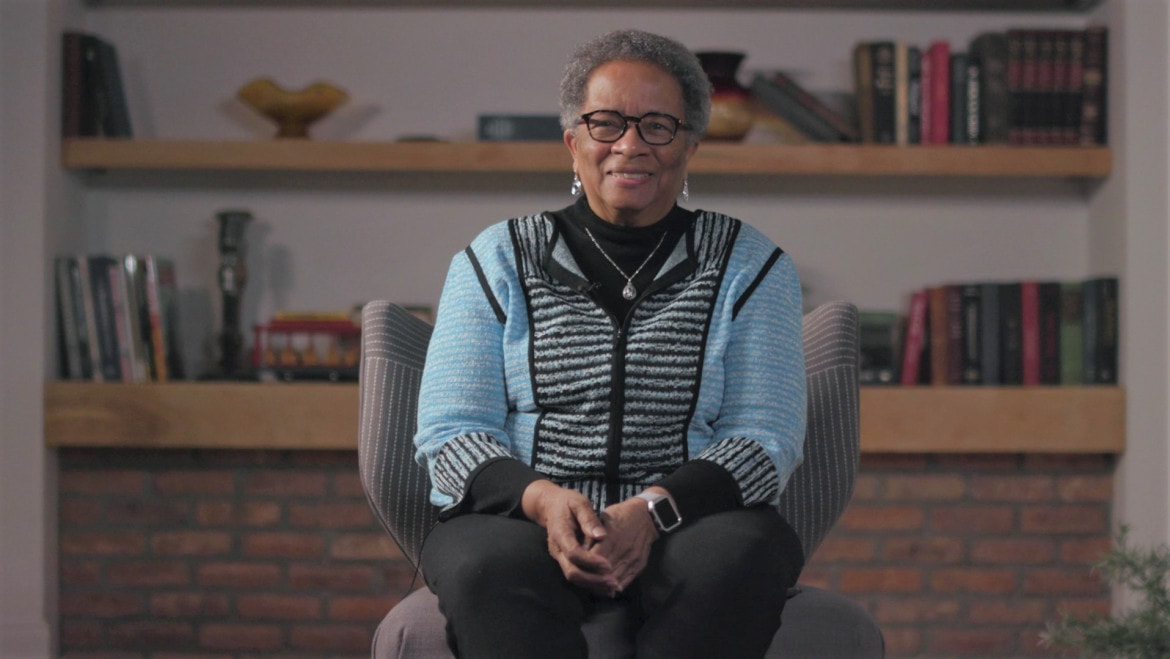Black Judge an Unsung Hero of Kansas City, Kansas Granddaughter Preserves KCK’s Past

Published March 2nd, 2022 at 9:48 AM
When Judge Isaac Franklin Bradley Sr. was born in Saline County, Missouri, he was considered property. By the time he died, his name had been etched next to the likes of W.E.B. Du Bois as a civil rights leader, lawyer, judge and entrepreneur.
His granddaughter, Frances Bradley Robinson, has spent years trying to piece together everything that happened in between.
“In studying history and being involved in some of the stuff in Kansas City, Kansas, that is now history, if I had to grade who probably made the biggest impact on African Americans in Kansas City, Kansas, it would be I.F. Bradley Sr.,” said local historian Chester Owens.

Robinson never knew her grandfather, and the endless tales of his impact on the Black community of KCK never interested her as a child. It wasn’t until recently that she decided to take a deep dive into his life and accomplishments.
“I’m terribly interested now. It’s almost a passion,” Robinson said.
Through her research, she’s come to feel a connection to the grandfather she never knew. Her primary point of pride comes from the fact that while the judge garnered many “firsts” in his lifetime, he made sure that he would never be the last.
Bradley was the first Black graduate of the University of Kansas School of Law. Coming from a background of enslavement and very little education, he had to fight to make a place for himself. Today, members of the Black Law Students Association (BLSA) at the University of Kansas continue his legacy of making a place for Black people in the field of law.
“The way has been paved, but it’s still not very commonly traveled,” said Donald Pinckney II, the current BLSA president at the University of Kansas.
To learn more about Bradley and his accomplishments, watch the attached video. Robinson also wrote a book about her grandfather, titled “Reasons to Persist.”
More on Kansas City PBS
Catherine Hoffman covers community affairs and culture for Kansas City PBS in cooperation with Report for America. The work of our Report for America corps members is made possible, in part, through the generous support of the Ewing Marion Kauffman Foundation.


